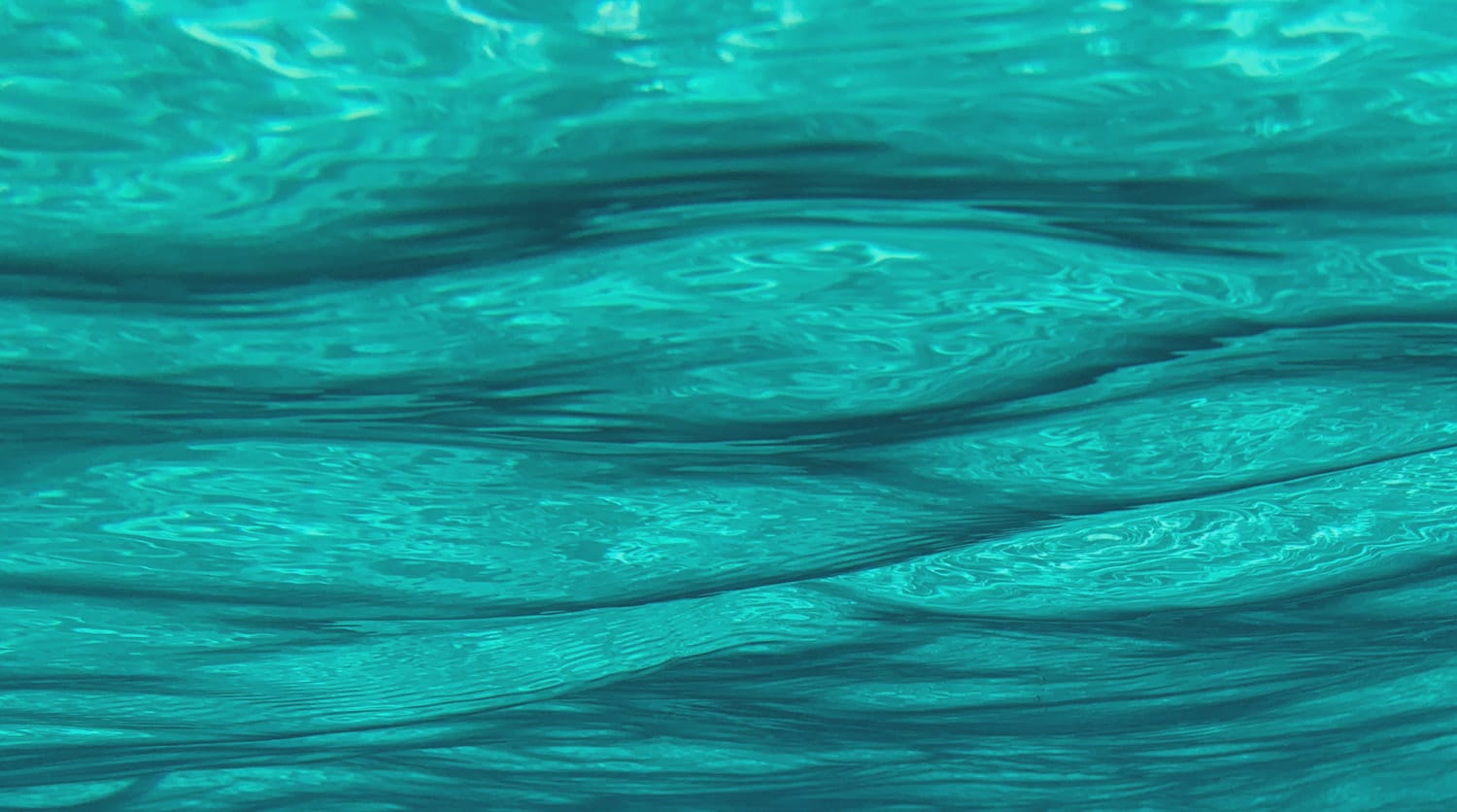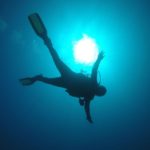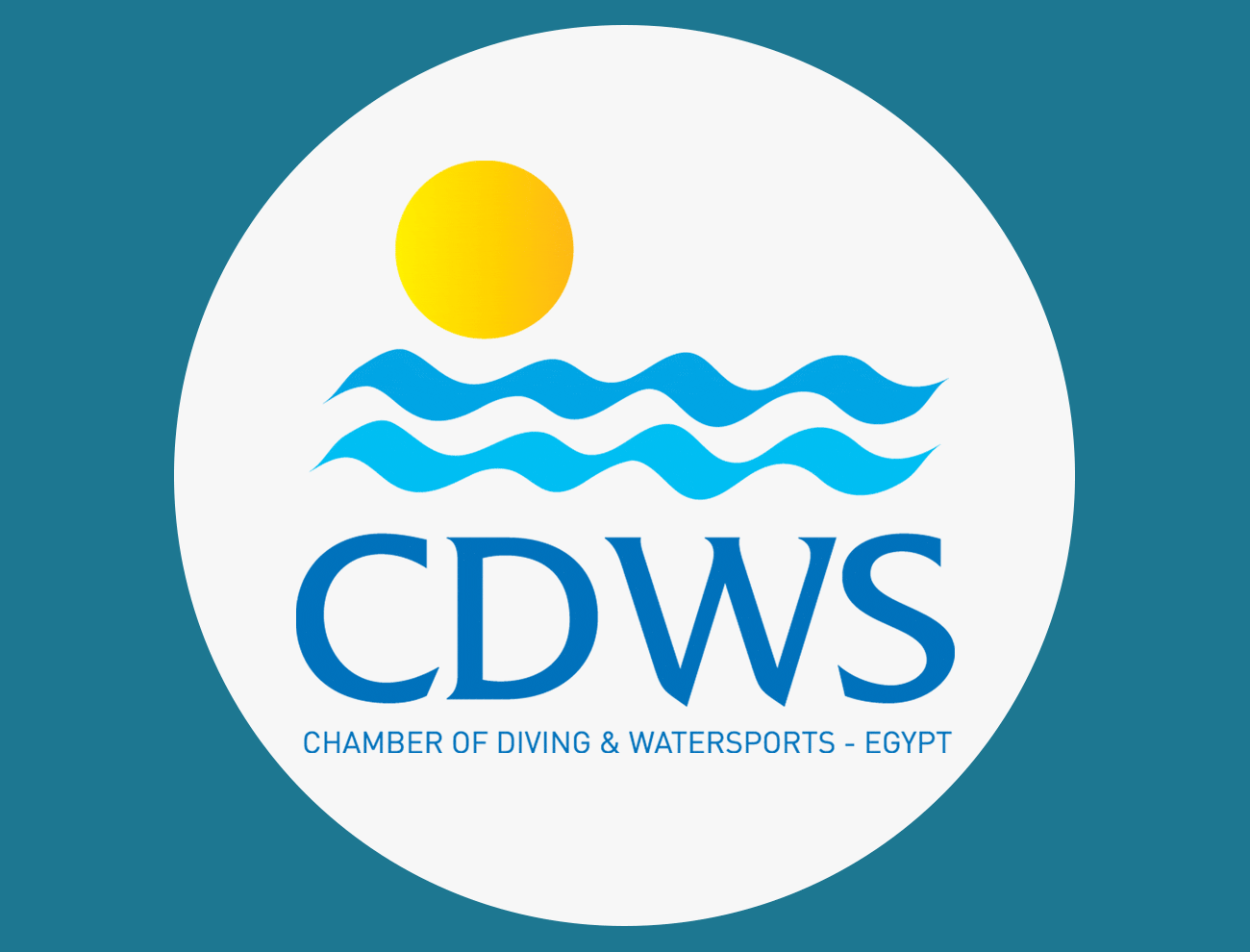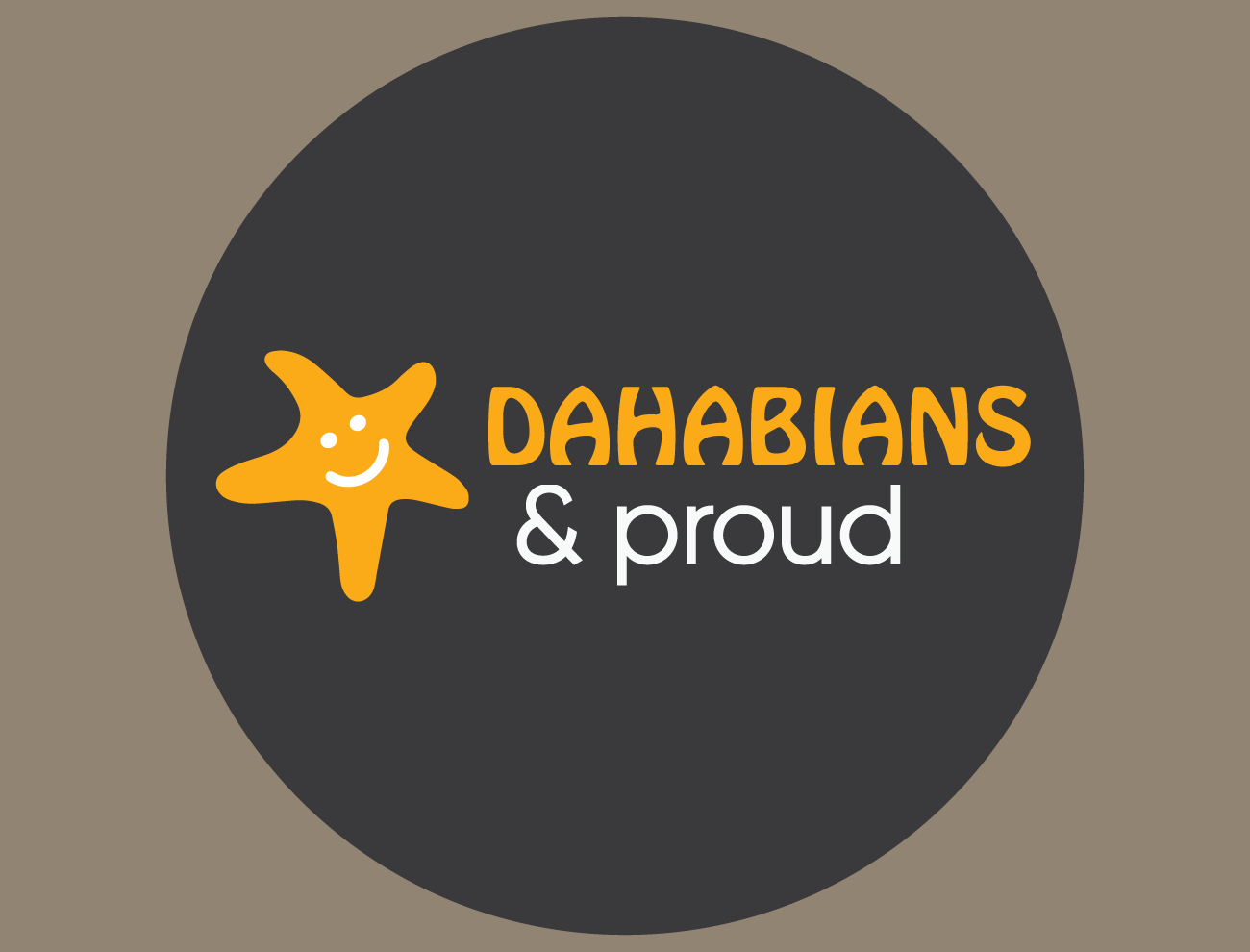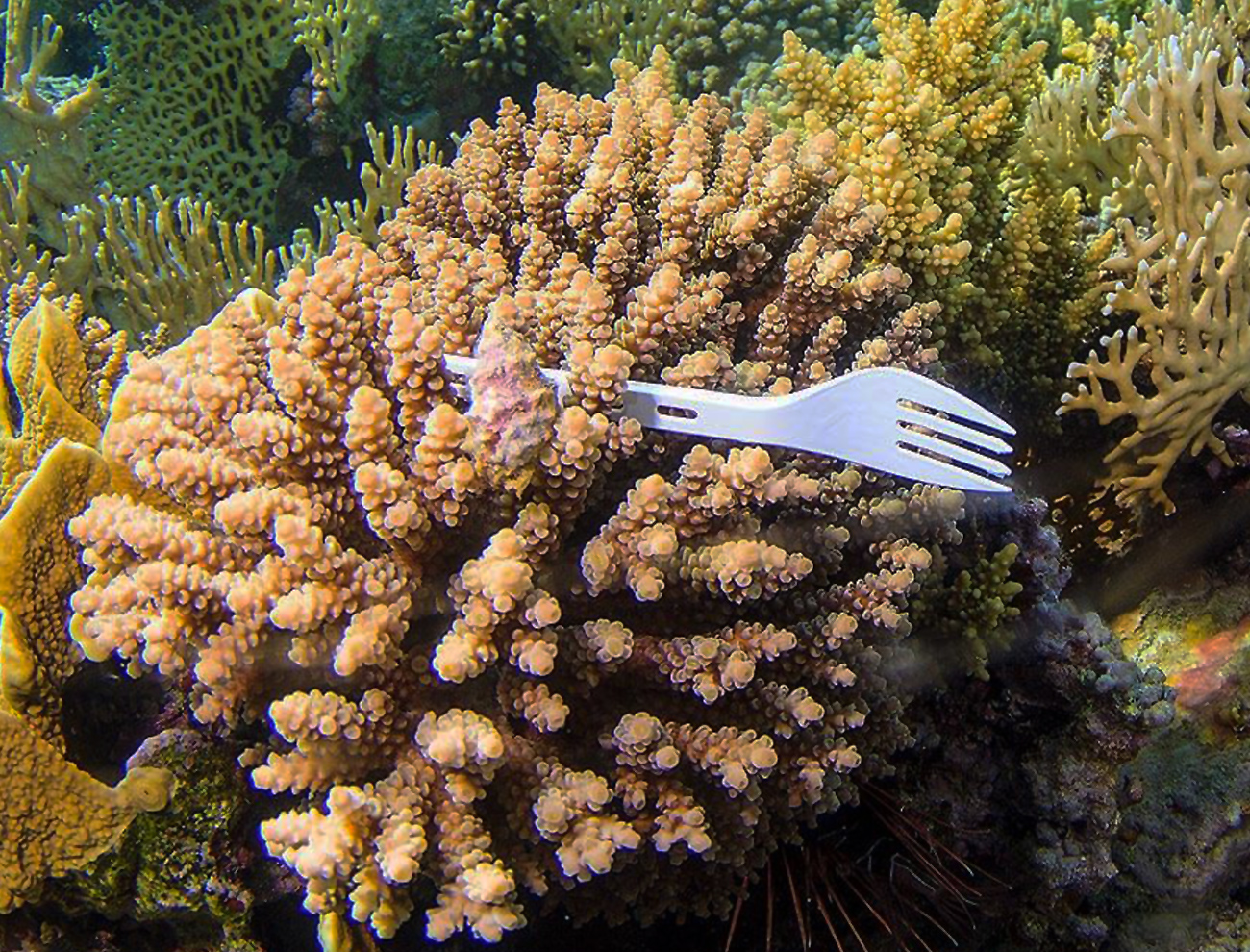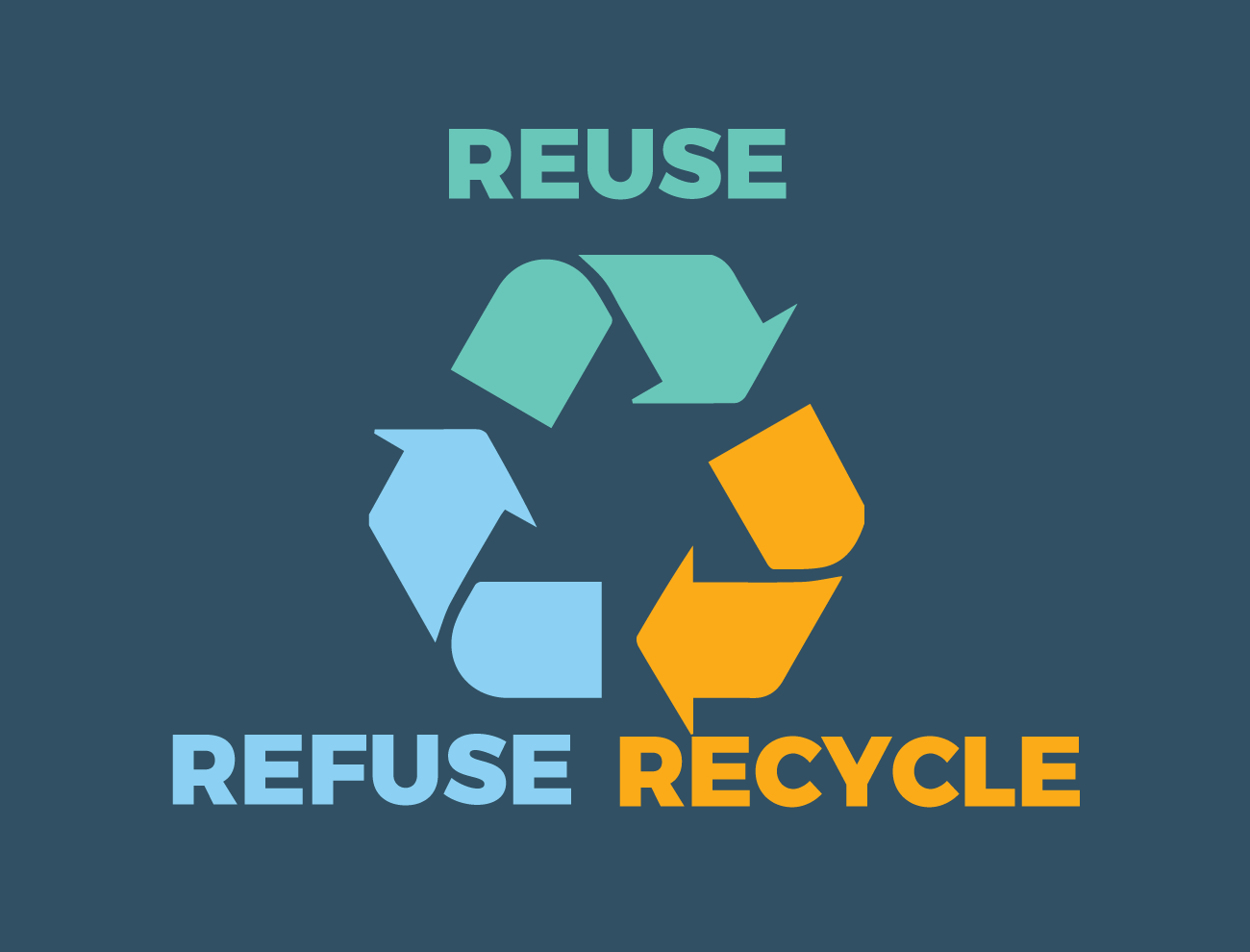
Refuse, Reuse, Recycle
I fell in love with Dahab and chose it as my home 19 years ago. Once visited, it is never forgotten. Is it perfect? No. Does it needs help? Yes. Certainly when it comes to protecting the beautiful wildlife this slice of heaven ha to offer.
A lack of education worldwide is responsible, as many folk to visit do not seem to appreciate that standing or walking in the reef table directly damages the very natural environment they have come to look and enjoy. People are not bad, they are just ill informed. Even educated people are simply not aware that it is bad to walk on the reef table. They do not know or understand that they are stepping on is alive and by walking on it, they will kill it and the many fish which breed in the shallow water.
Why the coral reefs are so important? Coral reefs are some of the most diverse and valuable ecosystems on Earth. Coral reefs support more species per unit area than any other marine environment, including about 4000 species of fish, 800 species of hard corals, and hundreds of other species. The Red Sea is a very important sea both due to the number of fished and corals, many of which are endemic to this area alone, and also the fact that it has managed until now to deal with the ongoing and increasing issue of global warming, making it a vital research area for helping coral reef survival worldwide.
Diving and snorkelling allows people to understand better why this precious area needs to be protected. Even if you never visited the sea or never intended to, literally the has that you breathe is affected by the condition of the reefs, as they assist in carbon and nitrogen fixing.
Divers and snorkelers have a lot of influence on the reef as they can accidentally damage the coals and therefore reduce the habitat for the fishes. We highly recommend that ask divers follow safe diving protocols, especially when entering and exiting the dive sites. Following “sacrificial paths” (paths that have been previously worm away) avoids the creation of new ones.
A special “adventure dive” called Peak Performance Buoyancy allow students to spend a whole dive understanding and fine trimming buoyancy in order to make sure that the diver is truly neutral -the most impotent skill after learning to breathe continuously and not hold your breathe. This can be done as one or two dives and teaches everything from making sure the diver has correct weight (i.e. not dragging along the bottom) to being able to manoeuvre easily underwater, even backwards. It can also teach a student how to trim equipment so that it not hang down while swimming horizontally. Theses skills go a long way to reducing the impact on the very reefs people have travelled to enjoy, leaving nothing but bubbles, and taking nothing but pictures and the old rubbish bag if found.
Above ground, deep in the desert, the problems continue, mostly due to dreaded, deadly plastic. The lifestyle Bedouins lead has changed quickly over the last 50 years, as the government encouraged theses nomadic people to settle in on an area, making them easier to account for extending vaccinations which was not possible before. This nearly eradicated viruses such as Polio virus.
however due to the extensive use of plastic in most products, the old method of throwing organic waste away to be eaten or naturally rotted down simply does not work anymore. Plastics do break down over time in the sun, but only break into much smaller pieces which still damages the environment.
Thankfully, there are many great people and groups which help with the environment impact in Dahab, such as “Don’t Mess with Dahab” headed up by Bernadette Simpson and her husband Nadim Rafik Elkotry. This group mostly focuses on the root of the problem, products sold with plastic and the habitual use of the plastic bag for shopping. Some headway had been made in encouraging the use of re-usable cotton bags rather than plastic.
There are regular clean-ups in Dahab for example, which not only help to keep the beaches clean but also prevent rubbish being swept into the sea by the wind. We had a lovely group making bins out of recycled tyres in the shape of Minions and another big clean up organised by the CoWorker Inn Group, a group who organised and carried out a huge beach clean-up last November with the help of locals -despite the fact that they only come into town for few weeks at a time!
The mantra “Refuse, Reuse, Recycle” should be taught in schools. It is mostly about your impact on the environment. If you see rubbish on your street, don’t just walk on, pick it up, and find somewhere responsible to put it. This created a positive habit which, trust me, will be passed on. If you see someone just drop rubbish in the street, explain why it is not good, and try in every way to make them understand why it is not good, especially with kids. Try and use re-fillabke water bottles, which are one of the biggest problems here in Egypt, and say no to polystyrene tray for food.
As someone from Europe, I see this as a global issue. In Europe, a lot of folk are employed to clear up after the rubbish, whereas here, people living in the area do most of the clean ups. Anyone who has been to a festival in Europe will have seen the amount of rubbish left on the ground afterwards, no-one sees it picked up by the council straight afterwards, no-one sees it and false believes that Europe is super clean. It is the mind set of people which needs to change now.
Little acts like the ones illustrated above will eventually make a difference, and doing your bit to educate those around you as to why we all need to take care of our patch will eventually lead to all the patches covering the whole country.
Article by Lynne Helal-Gillis, featured on Oasis magazine on April 2017


